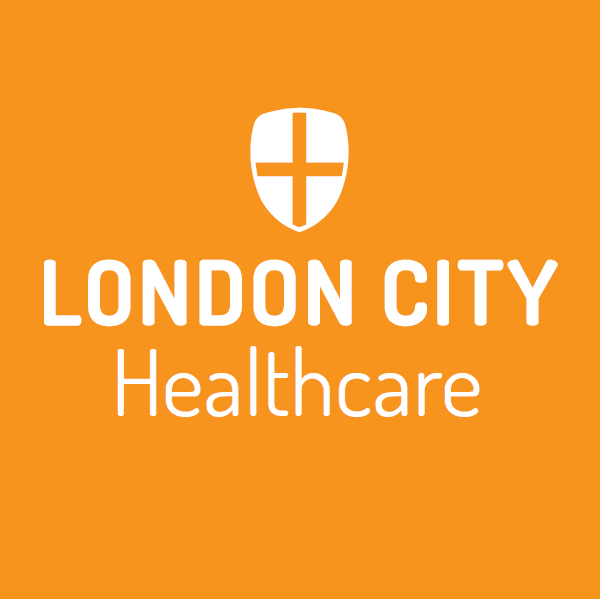Prioritising employee health and well-being is essential for fostering a productive and engaged workforce. Private occupational health assessments offer a comprehensive approach to evaluating and addressing workplace health risks, ensuring a safe and healthy work environment for all employees.
Benefits of Private Occupational Health Assessments
Private occupational health assessments offer several distinct advantages, including:
- Tailored to Specific Needs: Private assessments are designed to address the unique health and safety needs of each organisation, considering the specific job roles, work environment, and potential hazards.
- Flexible Scheduling: Private assessments can be scheduled at a time that is convenient for your organisation, minimising disruption to work schedules.
- Expertise and Experience: Private occupational health providers have extensive knowledge in identifying, assessing, and managing workplace health risks.
- Confidentiality and Privacy: Private assessments ensure the confidentiality and privacy of employee health information.
Occupational Health London: A Diverse Landscape
London offers a diverse range of occupational health services, catering to the varied needs of businesses across the city. From specialised clinics in central London to regional providers serving the surrounding areas, employers have a wide choice of options to find the right fit for their organisation.
Occupational Health Centre: A Hub for Workplace Well-being
Occupational health centres provide a centralised location for a range of occupational health services, including pre-employment assessments, periodic health checks, health promotion programs, and management of workplace injuries and illnesses.
Private Occupational Health Assessment London: A Case Study
A construction company in London experienced a high incidence of musculoskeletal disorders (MSDs) among its employees due to repetitive tasks and manual labour. The company sought the expertise of a private occupational health provider to conduct a comprehensive assessment of the workplace and its employees’ health.
The occupational health assessment revealed several risk factors contributing to MSDs, including improper lifting techniques, lack of ergonomic equipment, and prolonged exposure to awkward postures. The provider developed a tailored intervention plan that included:
- Ergonomic Modifications: Providing adjustable workstations, lifting aids, and specialised tools to reduce physical demands and improve posture.
- Employee Training: Educating employees on proper ergonomics, manual handling techniques, and MSD prevention strategies.
- Job Rotation: Implementing a job rotation program to reduce repetitive strain on individual muscle groups.
- Regular Monitoring: Conduct periodic health assessments to monitor the impact of interventions and track MSD incidence.
As a result of these interventions, the prevalence of MSDs among employees significantly decreased, reducing pain and discomfort, improving productivity, and lowering healthcare costs.
Conclusion
Private occupational health assessments provide a valuable tool for organisations to proactively address workplace health risks, promote employee well-being, and enhance productivity. By tailoring assessments to specific needs, utilising the expertise of experienced professionals, and implementing evidence-based interventions, organisations can create a safer, healthier, and more productive work environment for all employees.
Article fact-checked and approved by Dr. Amun Kalia and Dr Deryk Waller
